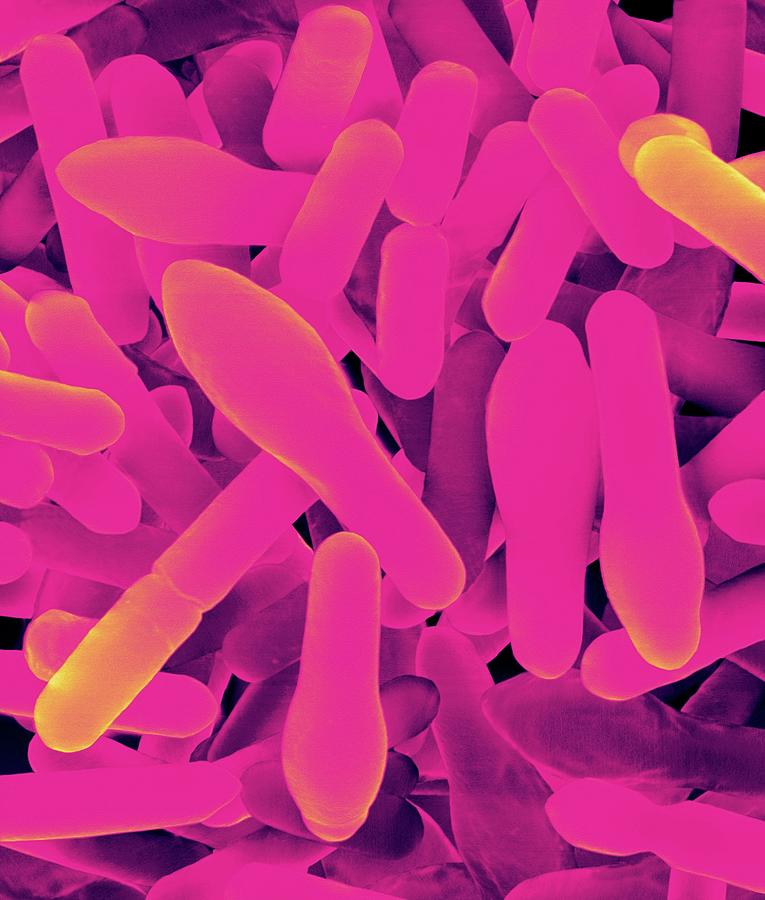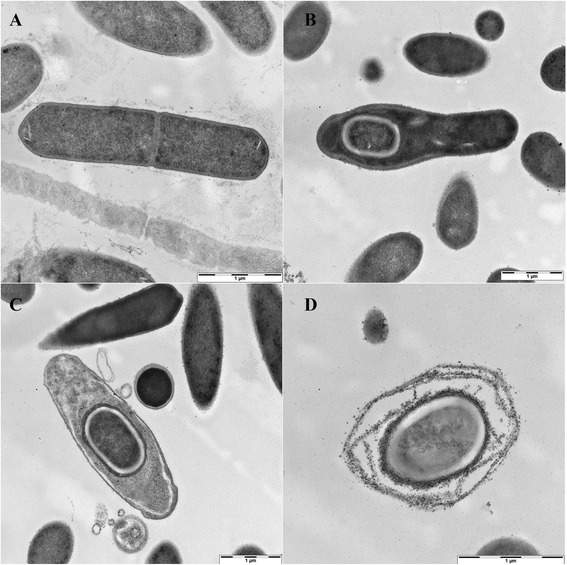Ilia Rohin
Entered the FBB
Originally from St. Petersburg
new page with workshop number 3
new page with workshop number 7
new page with workshop number 8
new page with workshop number 13
Clostridium sporogenes
Why did I choose this bacterium?
The answer is simple: "Infamous!"
This genus of bacteria is on everyone's lips. Even an inexperienced person will remember the dangerous bloated banks, and the one who knows will immediately remember the terrible trinity!
c. botulinum c. tetani c. perfringens
They are so dangerous, and so infamous.
Basic information
Clostridium sporogenes is a Gram-positive bacterium.
It's the rod-shaped, anaerobic bacterium, which produces oval, subterminal endospores.
We can find them in various places such as soil, sediment in both marine and freshwater environments, preserved meat and dairy products, fecal matter, snake venom and etc.
The bacterium has a mutualistic rather than pathogenic interaction with the host organism.
Research is underway on the use of bacteria as a way to deliver cancer-to-tumor drugs in patients.
C. sporogenes is the only species of bacteria known to synthesize 3-indolepropionic acid in vivo at levels which are subsequently detectable in the blood stream of the host. It's neuroprotective antioxidant in body and brain.
C. sporogenes most frequently use for conducting inoculated pack studies in low acid foods.
This picture shows metabolism of indole and its derivatives
Coloured scanning electron micrograph (SEM)
Rod-shaped vegetative cells and endospore-forming cells

Life cycle. Electron microscopy
A: dividing cell
B and C: sporulating cells
D: bacterial spore

References
1 https://microbewiki.kenyon.edu/index.php/Clostridium_sporogenes
2 https://en.wikipedia.org/wiki/Clostridium_sporogenes
